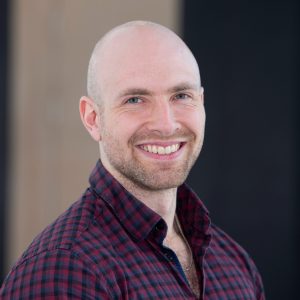Organisers
Prof Ian Sabroe
Prof Ian Sabroe is Consultant in Respiratory Medicine (Sheffield Teaching Hospitals NHS Foundation Trust) and Honorary Professor of Medical Humanities (University of Sheffield). He is a respiratory physician, whose clinical practice focuses in two areas, severe asthma and pulmonary hypertension. His work in medical humanities explores clinician and patient experience. Ian’s research examines how illness affects people’s lives, and the challenges that caring for people with illness presents to clinicians. He teaches clinical ethics and aspects of justice. He often works to apply justice theory to understanding and improving healthcare, physician and patient experience. Ian was awarded a Fellowship by the Winston Churchill Memorial Trust to examine how medical humanities knowledge is used and taught in the US, and how UK medical education might benefit from the US model of medical humanities.

Dr Dieter Declercq
Dr Dieter Declercq is Lecturer in Film and Media Studies and Associate Director of the Aesthetics Research Centre at the University of Kent. His research is situated at the intersection of aesthetics, media studies and health humanities. He has recently published a monograph on Satire, Comedy, and Mental Health (Emerald 2021) and his work has been published in journals including the Journal of Aesthetics and Art Criticism, Ethical Theory and Moral Practice and ImageText. He was the lead organiser of the 2020 British Society of Aesthetics Conference: ‘Arts, Aesthetics and the Medical and Health Humanities’, and is currently PI on a British Academy/Leverhulme-funded project that develops and evaluates stand-up comedy workshops for eating disorder recovery.

Events Management and Digital Production
Dr David W R Brown
Dr David W R Brown is the voice of the podcast and digital producer for the project. He is responsible for the online presence of the project, management of the live events, and producing the podcast episodes. With a doctorate in Film Studies, his own research seeks to understand how viewers engage emotionally and cognitively with both fictional and nonfictional screen narratives. In other words, how the stories told by film and television make us think and feel. More specifically, his recent research has focused on the role of facial expression in narrative cinema, how narratives might elicit certain emotions particularly well, and what we can and cannot learn from art and fiction. David’s work on the moving image draws insights and approaches from disciplines such as philosophy, psychology, and anthropology.

